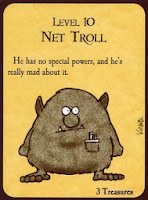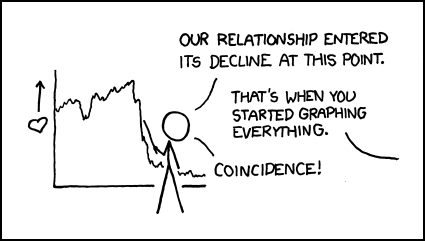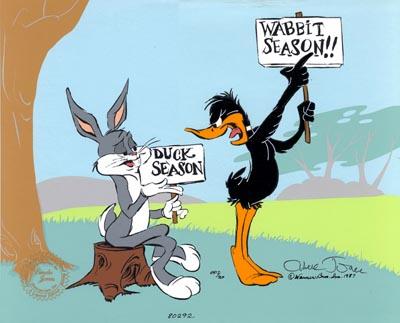There have always been people who feel that the hard-won right to Freedom of Speech entitles them to be as insulting or hurtful towards others as they like. Sometimes they are sufficiently proud of their "candour" that they are happy for their identities to be known, but the more craven or cautious among them have always hidden behind anonymity.
In previous times, the anonymous "poison pen" letter was used to attack, frighten or villify someone, and was usually rude, insulting, or downright malicious about a person's life or character.
In the case of my own thoughts and opinions as expressed in this blog, one of the posts which has attracted the strongest response (as I expected it would) is "DMOZ Editor Corruption Shock". However, that post is now almost two years old, and has been updated twice since then (in August 2009 and July 2010), but I continue to receive nasty comments on the original post, obviously by people who have not noticed that it is now rather dated.
I do not censor sensible comments, even if I disagree with their content, or even if the writer wishes to hide his/her identity. But in my view (and it is my blog, after all) I don't see any value to anyone in publishing anonymous rants which are usually pointless and frequently illiterate.
or even if the writer wishes to hide his/her identity. But in my view (and it is my blog, after all) I don't see any value to anyone in publishing anonymous rants which are usually pointless and frequently illiterate.
Of course I have experienced my share of hurtful criticism in several areas of my life, some of which was undoubtedly justified, but I absolutely refuse to take seriously the accusations and criticisms of
In the case of my own thoughts and opinions as expressed in this blog, one of the posts which has attracted the strongest response (as I expected it would) is "DMOZ Editor Corruption Shock". However, that post is now almost two years old, and has been updated twice since then (in August 2009 and July 2010), but I continue to receive nasty comments on the original post, obviously by people who have not noticed that it is now rather dated.
I do not censor sensible comments, even if I disagree with their content,
 or even if the writer wishes to hide his/her identity. But in my view (and it is my blog, after all) I don't see any value to anyone in publishing anonymous rants which are usually pointless and frequently illiterate.
or even if the writer wishes to hide his/her identity. But in my view (and it is my blog, after all) I don't see any value to anyone in publishing anonymous rants which are usually pointless and frequently illiterate.Of course I have experienced my share of hurtful criticism in several areas of my life, some of which was undoubtedly justified, but I absolutely refuse to take seriously the accusations and criticisms of
- those who abuse a position of authority to belittle people "beneath" them
- bullies of any type
- those who are purely self-interested (ie with their own unacknowledged and unrelated agenda)
- those who have shown themselves to be deceitful or manipulative
- ... and certainly those who send anonymous "hate mail" or blind criticism
So, Mr/Ms "Anonymous", if you wish me to take note of your emails or publish your comments, please ensure they indicate some thought on your part, are relevant to the issue in question, contain at least one original opinion or observation, and are written with some semblance of grammar and syntax, rather than being just a string of miss-spelled invective.
If you can't manage that, save yourself the time.
If you can't manage that, save yourself the time.












































